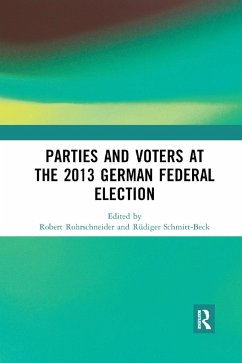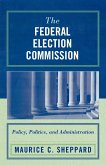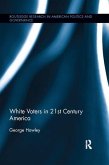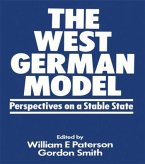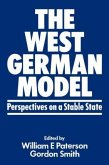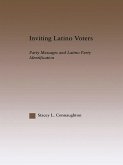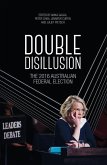The 2013 federal election in Germany took place amidst considerable uncertainty over the EU's economic crisis. Financial rescue packages for several countries required the provision of huge sums. Some EU-members barely avoided the economic abyss. Germany, however, was spared much of the hardship as her economy produced record-levels of employment, exports boomed, and German state coffers began to see a budget surplus. Against this backdrop, this book examines the choices offered to voters by parties, and publics' decision calculus. How did Germany's voter evaluate economic conditions and the Euro crisis? For example, is there a demand for a new party representing the rising EU-skeptical sentiments? How did long-term developments such as the weakening party-voter ties affect the election outcome? What programs did parties offer to voters in the election? The book brings together several leading experts of German and European politics to address these questions. The chapters were originally published as a special issue in German Politics.
Hinweis: Dieser Artikel kann nur an eine deutsche Lieferadresse ausgeliefert werden.
Hinweis: Dieser Artikel kann nur an eine deutsche Lieferadresse ausgeliefert werden.

